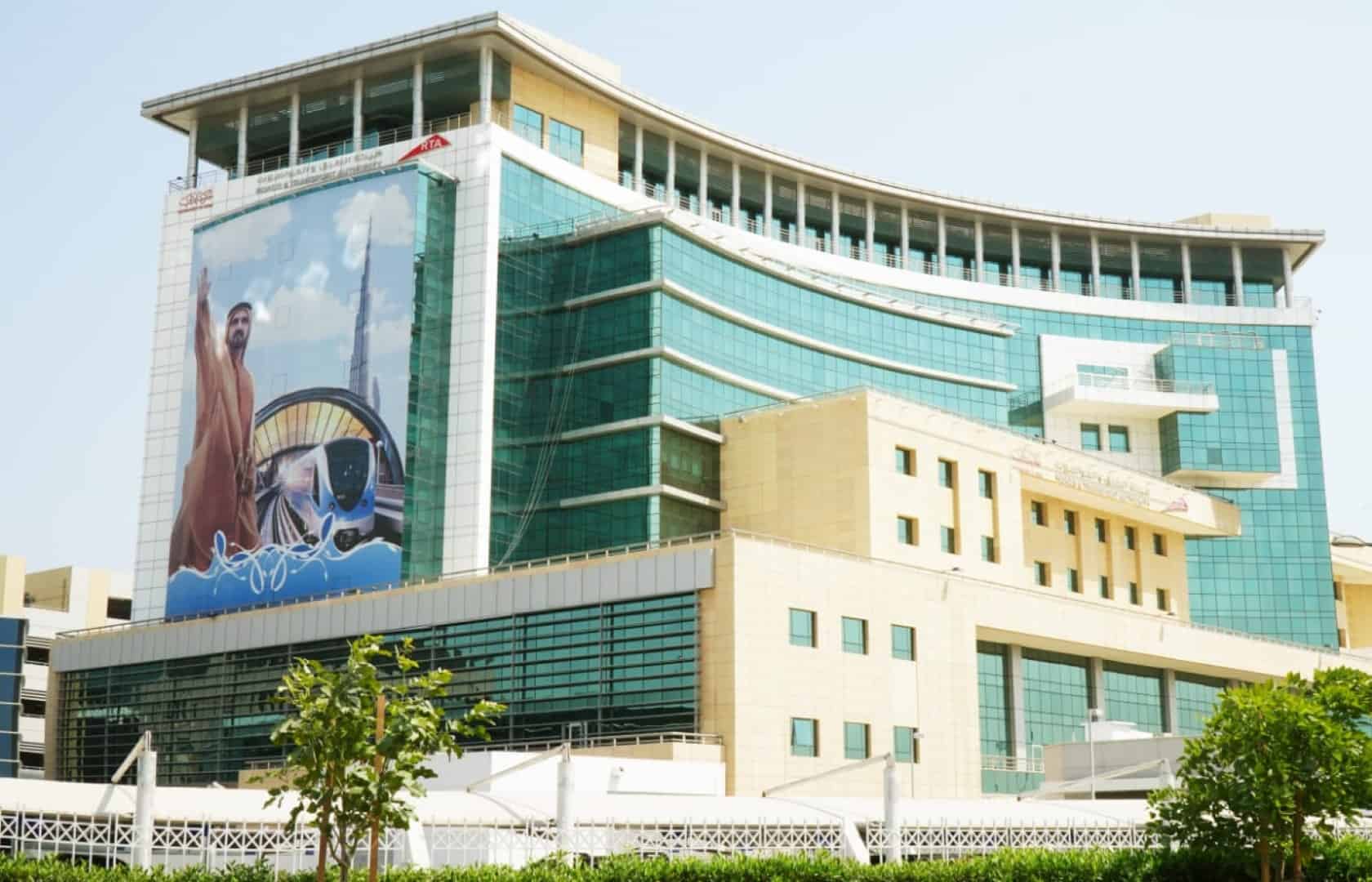DUBAI, UAE – Dubai’s Roads and Transport Authority (RTA) has published its seventh Sustainability Report 2021. The report showcases RTA’s practices in matters related to the environment, society and governance (ESG).
The report reflects RTA’s pioneering standing as the first public transport entity to achieve reliable and data-driven achievements over five years (2017-2021) in line with the International Standard on Assurance Engagements (ISAE 3000) using DNV GL VeriSustain protocols.
RTA was also among the first public transport entities transport worldwide that publishes its sustainability report as per the latest GRI standards, which will be mandatory in 2023.
Such a practice underscores RTA’s effort to achieve its vision ‘The world leader in seamless & sustainable mobility’ and the sustainable development goals of the United Nations.
In the first sustainability pillar (social stewardship), the report explained that about five million individuals had benefited from 43 social responsibility initiatives undertaken within RTA, in the local community and abroad.
The customer satisfaction rating reached 91.3 percent in 2021.
In the second sustainability pillar (environmental stewardship), the report indicated that the number of users of public transport and shared mobility means increased by 18.5 percent.
As a result of implementing 36 energy and green economy initiatives, RTA achieved record savings in 2021 exceeding 68 million kilowatt-hours of electricity and 43 million liters of fuel.
The initiatives also contributed to eliminating emissions of 155,000 tons of carbon dioxide equivalent and diverting about 450,000 tons of waste from landfill through effective waste management practices.
In the third sustainability pillar (economic prosperity), the report stated that RTA had achieved 161 percent of its planned achievement related to cost rationalization.
In the meantime, RTA’s suppliers’ satisfaction rating clocked 91.8 percent and asset value maximization reached 110 percent through implementing a host of initiatives compatible with the strategic objective of financial sustainability.
In 2021, RTA also developed an asset management roadmap up to 2030.
The report spotlights RTA’s key role in shaping the future of sustainable transport by foreseeing the future, adopting strategic projects that support the economy and contribute to the wellbeing and happiness of Dubai’s residents and visitors.
RTA had developed a roadmap to achieve zero-emission from public transport means by 2050.
In the process, RTA has become the first government entity in the Middle East and North Africa to develop a comprehensive roadmap of public transport and its infrastructure.
Mass transit means and shared transport in Dubai (Dubai Metro, Dubai Tram, public buses, marine transport means, e-hail rides, smart rental cars, and taxis) carried about 461 million riders in 2021, compared to 346 million riders served in 2020.
The daily average ridership of public transport means and taxis last year clocked 1.3 million riders, compared to 948 thousand riders in 2020.
The results underscore the success of RTA’s efforts that contributed to the fast recovery of the public transport sector and the restoration of services to pre-pandemic levels.








